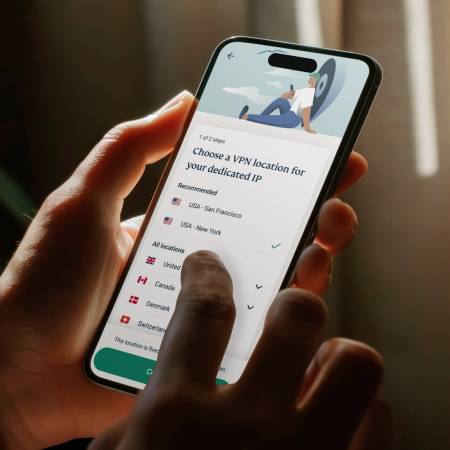Late yesterday, Airbnb CEO Brian Chesky announced a $260 million relief package meant to mitigate the financial burden coronavirus-fueled cancellations have leveled on millions of hosts across the globe. The brunt of the money, a robust $250 million, is directly geared towards canceled check-ins that were slated for March 14 to May 31; starting in April, Airbnb will pay hosts 25% of what they normally would’ve collected through their cancellation policy.
The action is an attempt by Chesky and other high-ranking Airbnb officials to offset at least some of the cost hosts had to take on when Airbnb mandated a site-wide full-refund policy for its guests almost two weeks ago. Meanwhile, Airbnb’s primary competitor, Vrbo (owned by Expedia), gave hosts the option to give back a 50% refund, or offer credit for a future stay. Airbnb cited safety concerns, and explained that a full refund would keep guests at home; if guests feel compelled to pull off a trip due to the money spent, they might still travel, which of course doesn’t help in the national and global mission to flatten the curve.
It made sense at the time, and definitely made the larger contingent of people happy. On any given night (pre-COVID-19 times, that is), there are more people staying in Airbnbs than there are hosts over the course of a year. But hosts are the backbone of Airbnb’s business model, and mandating a full refund without their say was oddly insensitive.
Many hosts, we should note, will still be upset with a 25-cents-on-the-dollar band-aid, especially as they enter an uncertain stretch of weeks and months where travel has shuttered to an inconceivable halt. But Airbnb has other plans up its sleeve, which for now make up the other $10 million of the relief package. That includes the “Superhost Relief Fund” (to which Airbnb co-founders have donated millions of their own money) through which hosts can apply for grants up to $5,000, and a soon-to-be-announced crowdfunding campaign, where guests can pledge money to help out hosts they’ve stayed with in the past, or had perhaps hoped to stay with in the future.
Subscribe here for our free daily newsletter.
Thanks for reading InsideHook. Sign up for our daily newsletter and be in the know.



















